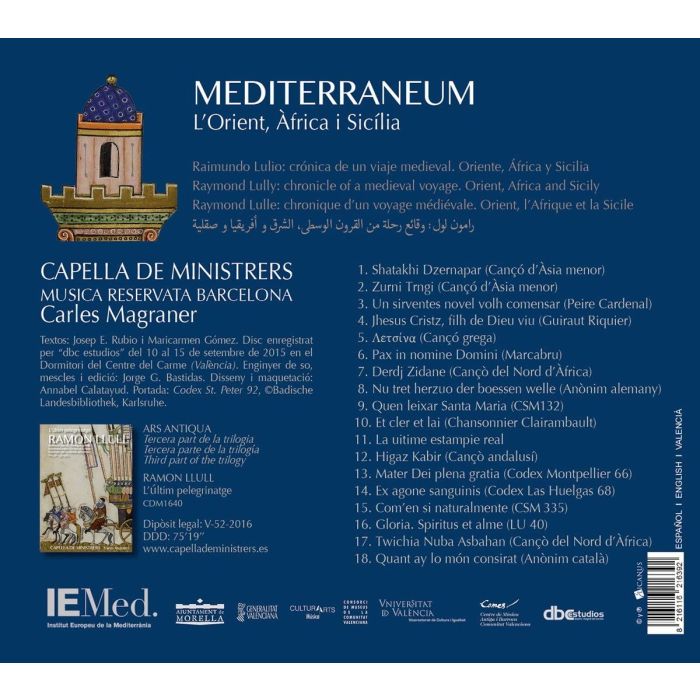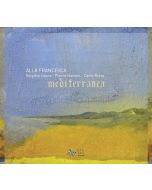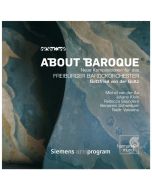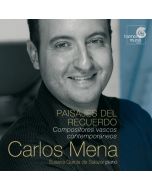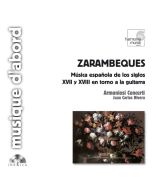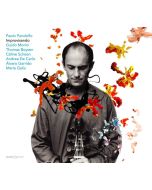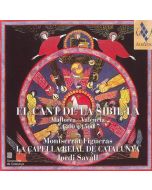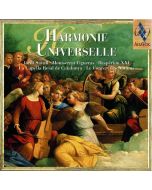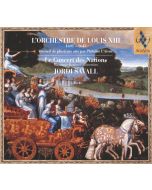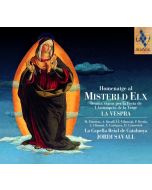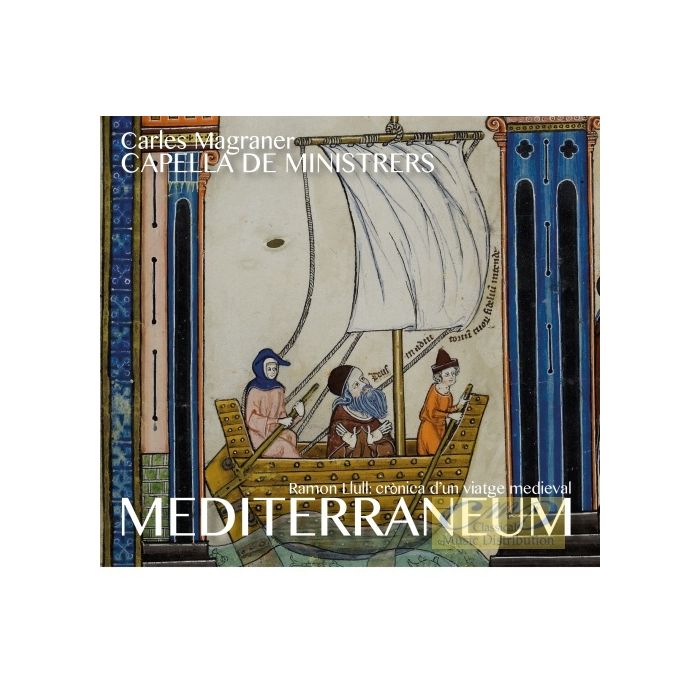
(Produkt nie został jeszcze oceniony)
kompozytor
różni kompozytorzy
tytuł
Mediterraneum - Llull, Ramon: Crònica d’un viatge medieval
wykonawcy
Capella de Ministrers, Magraner, Carles
nr katalogowy
CdM 1639
opis
This is the final disc in a series of three CDs of music related to the life, work and travels of Ramon Llull, following the first two volumes titled 'Ars Antiqua' and ‘Peregrinatio’. Since I'm reviewing all three CDs, I hope readers who check out the others will tolerate the repetition of this short introduction to the series. Ramon Llull - or Raymond Lull or Lully in English (1232-1316) – refers to the Majorcan-born medieval man of many parts, including enlightened philosopher, traveller, musician, scientist, missionary and first major writer in the Catalan language. The series is performed by the outstanding Spanish early music ensemble Capella de Ministrers, well exercised and highly skilled in the fields of medieval and renaissance music. They are directed by violist Carles Magraner, and joined for the vocal pieces by the eight voices of Musica Reservata Barcelona. The eighteen works in the programme, both vocal and instrumental, have been selected to represent the main surviving musical genres of the era in the countries involved in the life of Ramon Llull. Musical sources include Laudario di Cortona, Codex Las Huelgas, Cantigas of Alfonso X ‘El Sabio’, Chansonnier de Clairambault, and the works of troubadours Guiraut Riquier and Peire Cardenal. Some of the pieces are very much Arabic in character. Among those I especially appreciated is Peire Cardenal’s ‘In sirventes novel volh comensar’ (track 3) - an arioso-style song expressing the tormented soul’s longing for redemption, its graceful underlying melody beautifully sung here by baritone Tomàs Maxé, to words that somehow manage to encapsulate at least a proportion of Ramon Llull’s many-faceted world view. Then there are the anonymous German ‘Nu tret herzuo der boessen welle’, a doom-laden tour de force in which voices and percussion make a dramatic impact (8); and ‘Et cler et lai’ (10), with Tomàs Maxé delivering another memorable melody to sensitive instrumental accompaniment. The new-fangled polyphonic style makes impressive appearances in ‘Mater Dei plena gratia’ from the Codex Montpellier, for two sopranos, tenor and accompaniment (13); and in the two-voice ‘Ex agone sanguinis’ for two tenors and instruments (14). The instrumental ‘Com’ en si naturalmente’ brings another engaging melody (15); ‘Gloria in excelsis Deo’ from the Liber Usualis (16) is beautiful; and the final, anonymous Catalan ‘Quant ay lo món consirat’ (everything considered, in this world …) brings the programme to a vivid, satisfying close of great energy and conviction, its text once again reminding us of the deep faith and wide-ranging philosophy of the Majorcan sage. This third disc, then, makes a brilliant culmination of the series. Among its great assets are the variety and authority of the programming, and the committed and expressive qualities of the singing and playing by every one of these musicians under Magraner’s deeply considered direction. As with the other volumes in the series, all texts and translations are given, and booklet notes and illustrations are excellent. The other two discs in this Ramon Llull series are Ramon Llull: Ars Antiqua and Ramon Llull: Peregrinatio. As well as being available separately, the three discs are also available packaged together in very attractive hardback book format titled Ramon Llull: L'ultim Pelegrinatge (Book + 3 Cds).
nośnik
CD
wydawca
Capella de Ministrers
data wydania
1.04.2016
EAN / kod kreskowy
8216116216392
79,00 zł
Produkt dostepny w niewielkiej ilości.
Wysyłka w ciągu 3 dni roboczych
Darmowa wysyłka dla zamówień powyżej 300 zł!
Darmowy kurier dla zamówień powyżej 500 zł!
sprawdź koszty wysyłkiProduktu jeszcze nie zrecenzowano, chcesz być pierwszy?
Pozostałe płyty tego wykonawcy
1 / 6
